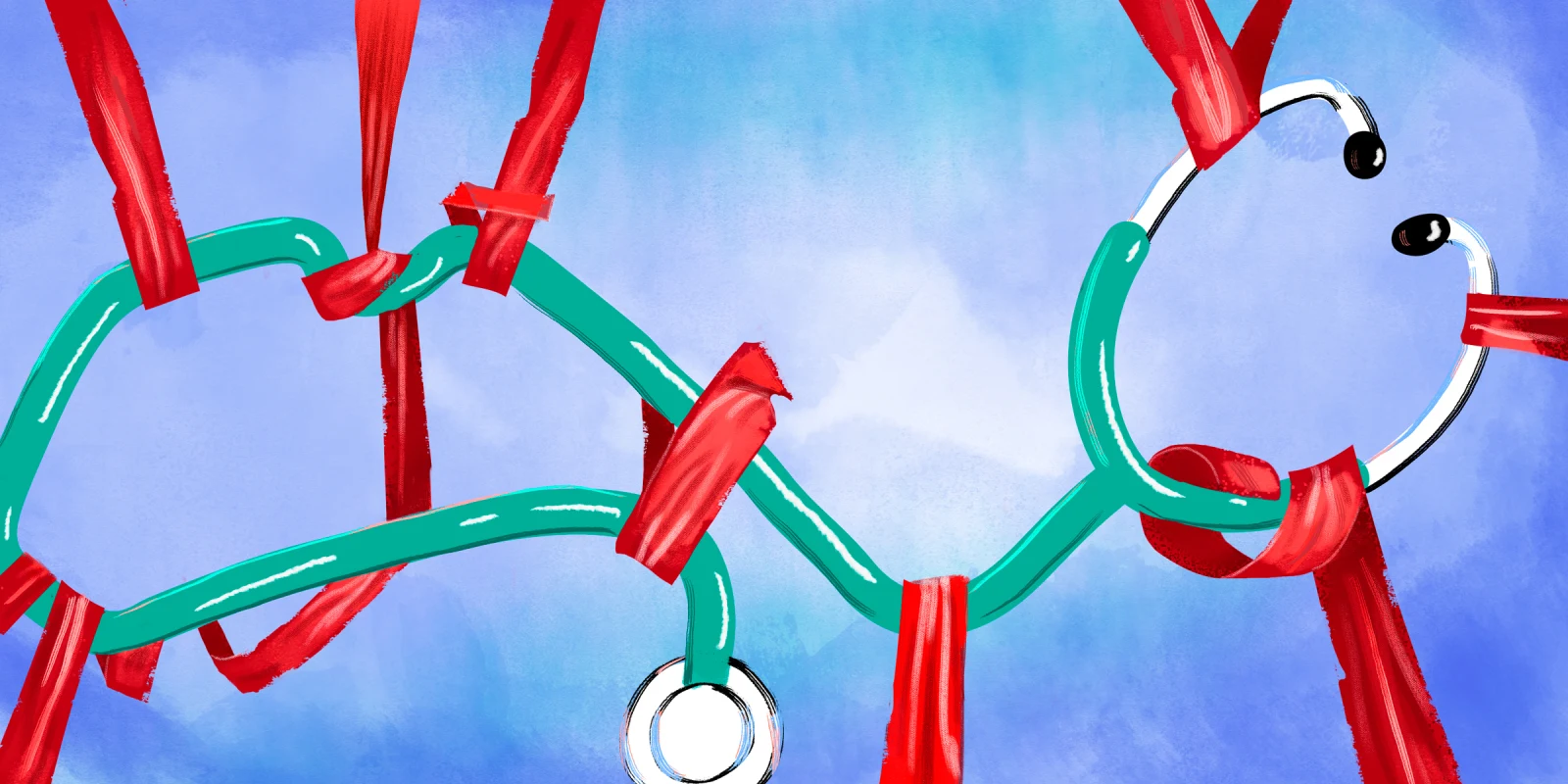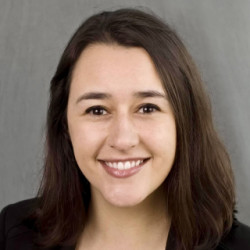Professionalism is “the habitual and judicious use of communication, knowledge, technical skills, clinical reasoning, emotions, values, and reflection in daily practice for the benefit of the individual and community being served.” However, in medical education, the word “professionalism” is often wielded as a subjective tool to instill fear in students; a reminder of a punishment that awaits those who dare step out of line. From the very beginning, medical students are educated on the professional standards of medicine: Don’t be late, don’t dress inappropriately, and always be a “team player.” Fail to meet these standards and you risk being labeled as “unprofessional” or worse, dismissed from medical school.
I vividly recall the countless times this word was emphasized during my preclinical years. Unfortunately, it felt like more of a looming shadow instead of a guide for professional and personal advancement into a physician. The idea of professionalism was never a standard of excellence, but a short leash to ensure compliance.
There are a set of unspoken rules, often labeled as the “hidden curriculum” that some students seem to know instinctively, while others, like me, were left guessing. Through trial and error, I learned some of these rules, which included not speaking unless spoken to and respecting the medical hierarchy of students, residents, fellows, attending doctors (in that order).
As I progressed through medical school and entered the clinical world, certain marginalized groups were disproportionately subject to being labeled unprofessional. Women, people of color, LGBTQ+ individuals, and those with disabilities seemed to receive the most scrutiny. Research on the medical school graduation questionnaire has shown that individuals in medicine with an increasing number of marginalized identities experience a disproportionate amount of mistreatment and discrimination while pursuing their medical degrees. It is no coincidence that these groups, already marginalized in broader society, find themselves on the receiving end of these so-called professionalism write-ups.
The first time I was reported for “lack of professionalism” was by a student peer for advocating for a patient’s social and emotional needs. Another time, I was written up for crying during a feedback session with a resident after being reprimanded for spending too much time on my notes and not turning them in by 4 p.m. I seriously considered leaving medicine, convinced that my future medical career was over before it had even begun.
Over time, I began to understand that this word was being weaponized as a means to undermine those who did not fit into a narrow mold. Every step I took as an advocate, I was pushed back, as if “professionalism” was used to keep me in my place. I came to realize that being “unprofessional” often means simply not conforming to the status quo. As a cisgender woman and person of color with hidden disabilities, this was not news to me. I’ve always balanced on a tightrope, trying to conform just enough to avoid standing out, but never quite fitting in. Eventually, I had to decide whether to keep being pushed down or to follow my internal ethical compass and authentically embrace my differences.
There are countless memoirs written by physicians (such as “Lean Out” by Dr. Dawn Baker and “Legacy” by Dr. Uche Blackstock) who, due to these marginalized identities, have suffered within the academic medical system. They document a culture where difference is punished, not celebrated, when speaking up for their beliefs or standing out from their peers.
Now as a psychiatry resident, and speaking with current and former medical students, I realize I wasn’t alone in having a “professionalism lapse.” A medical student was reported for spending too much time with a patient they had connected with during clinic. A Black resident doctor faced criticism for wearing her hair in traditional locs and colorful scrubs. An attending doctor was denied a promotion for taking too many days off to care for their chronic health condition.
Many of us disruptors — those who speak up for patients, challenge the status quo, or even just dare to be different — are subject to similar mistreatment. Medical culture, built by white, able-bodied, heterosexual, cisgender men, punishes those who don’t conform. Per Shaw et al., when students are faced with the traditional medical hieratic structure and situations that contradict their ethical, moral, and professional understanding, it is natural to respond in a conscious or unconscious form of resistance.
I have spoken with both medical students and a resident physician who have been dismissed from their program for “professionalism” reasons that were explained by invisible disabilities. Unfortunately, this is not a new phenomenon. Furthermore, a study reviewing the results of the AAMC Year Two Questionnaire found that medical students who reported more frequent mistreatment and discrimination had increased rates of attrition and were more likely to leave medical school.
Isn’t the goal of medical education to create physicians who reflect the diverse communities they serve? The system seems to prefer silent, obedient clones who keep their heads down instead of standing up for themselves and their individual needs.
Research shows that medical students who are both underrepresented in medicine and have multiple disabilities have more than three times the risk of burnout. Therefore, to prevent further detrimental impact on the mental health of future physicians, academic medical systems should encourage students to grow from their mistakes without the fear of consequence. Shaw et al. recommends leaders of these systems learn “to better understand the social dynamics of hierarchies and resistance and to encourage the enactment of resistance in the face of professionalism lapses in order to protect the health and well-being of learners and patients.”
We must be transparent about the hidden curriculum in medical education. Teach students when and how to voice their questions and concerns. Be explicit with a list of written expectations for each clinical rotation and how they may differ for each attending physician. Provide students access to specialized disability resource professionals at their school so they can have an advocate and liaison.
Let’s create a space where individuality is celebrated, differences are embraced, and professionalism is not a tool of oppression but a path to personal and collective growth. This can be done by encouraging attending staff members and residents to share their own human struggles, challenges, and failures. Medical schools can stop using the term “professionalism” as a fear tactic in lectures and emails to medical students. Lastly, stop punishing people for not fitting into a narrow, outdated definition of professionalism.
What is professionalism to you? Share in the comments.
Stephanie Moss, MD, a psychiatry resident, is dedicated to addressing mental health disparities and advocating for individuals with marginalized identities. She hosts the podcast "Life as a Patient-Doctor," which emphasizes the humanity in medicine. Dr. Moss is a 2024–2025 Doximity Op-Med Fellow. Connect with her @medpsycmoss on social media.
Illustration by Jennifer Bogartz







